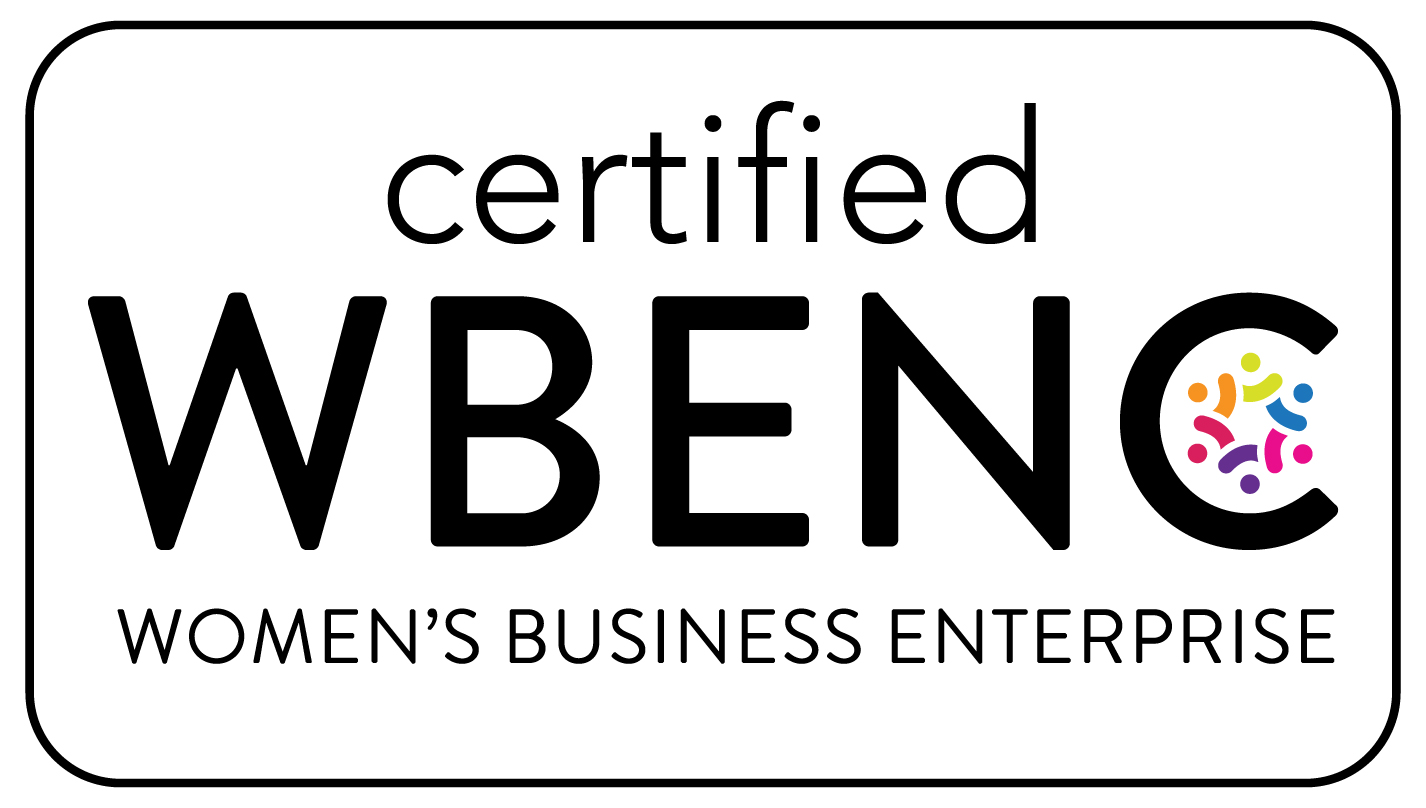Money is money, and if your goal, like most sellers, is to maximize the financial gain you’ll see when the deal closes, then the purchase price is far and away the most important deal term. But the payment doesn’t come until the deal closes, so we’ve got to get from here to there — and that’s where the type of buyer can make a difference.
When we talk about types of buyers, there are two main classifications: Strategic Buyers and Financial Buyers.
Strategic Buyers are buyers whose primary operations are in your industry or a related or complimentary industry. This buyer is looking to buy and operate your business to expand its own capabilities and market reach. Strategic buyers, as current operators in your industry, will know the ins and outs of your industry from an operator’s perspective and will see the capabilities and reach of your company as a compliment to their existing business, allowing them access to additional customers, a larger market, better supply opportunities, revenue, cross selling opportunities or staffing.
Financial Buyers are typically investment funds looking to make investments in companies that match a certain profile. They may retain existing management or bring their own managers, but their primary concern is achieving a certain return on investment on an ongoing basis and an exit that meets certain financial criteria. Financial buyers typically make their money on exit so, while they may plan to operate the business for some period after the sale, cut expenses, optimize operations, etc., and the goal will usually be to sell the company for a substantial gain.
So, what does this mean for you as the seller?
Even though it is the money that usually matters, the nature of the transaction will determine a lot about how you get that money and delays and complications in getting that money. The type of buyer will dictate a lot about how the transaction will work and what the buyer is likely to prioritize about your business as you move through the transaction process. Every transaction is different, but knowing what you are looking for in a transaction will help you make your business attractive to the right type of buyer, and knowing what type of buyer is on the other side of the letter of intent will give you some idea of the ground you should be staking out early in the deal process in order to ensure you get what you want out of the transaction.
Strategic Buyers are often less concerned about having a sophisticated view of the seller’s finances, because they have their own plans for operations and are more interested in the combined strength of the two companies in its field of operations. This means that they will often forgo extensive quality of earnings reviews and other financial due diligence items beyond a review of your financials as you normally prepare them. While the buyer sees value in your company as a discreet entity, they are more focused on unlocking significant new value in the combination. This means they may be less focused on specific economic formulas or projections. Strategic buyers are often willing to pay more, though some or even a large chunk of the purchase price offered may be in the form of equity in their company. When working with strategic buyers, you may deal with quirks and eccentricities in your buyer that may make the process unpredictable or non-standard.
Financial Buyers are looking for a target return on their investment. They will typically place a lot more weight on the historic performance of the business and their view of likely future performance. Financial Byers will generally want extensive financial due diligence. This can take a significant amount of time and open a lot of levers for negotiating the purchase price down. If your financials are not well organized and GAAP compliant, expect a financial buyer to make significant noise about that, even though they’re planning a full quality of earnings review regardless of your accounting practices. Financial buyers often come with large and highly experienced deal teams, so expect all negotiations to involve your legal counsel, financial, advisor, tax advisor, insurance agent and other professional advisors. You’re not likely to get by on a handshake when working with a financial buyer. Financial buyers generally bring their own financing, so they can offer cash, may be highly sensitive to interest rates if they’re borrowing a lot of the purchase money. Transactions with financial buyers can be more predictable because their decisions are formula and data driven. Financial buyers usually seek undervalued companies, so be careful accepting an initial offer from one.
So how does knowing the type of buyer affect your strategy? A lot of it is just knowing what to expect. Financial deals are all about buyer diligence of the financials and technical aspects of the deal. A number of unsolicited offers from financial buyers may mean that your industry is hot for one reason or another and that they are looking for ways to get in cheap. Strategic deals are much more based on feel and relationship. Take note when a competing operator starts gearing up to buy market share -- and consider whether it makes sense to position yourself to sell into that competitor, or to develop a strategy to compete as the other operator scales up. Either way, when you start hearing chatter about acquisitions and consolidations in your industry, it’s a good opportunity to evaluate your exit goals and determine how ready your company is if a potential buyer comes knocking.
Some things to think about as you’re planning to sell your company:
- What will be expected of you after closing? The buyer will often want you to stay on for some time after closing to assist with the transition. This can vary widely depending on the familiarity of the buyer with your company industry operations in your region. If you’re selling to a competitor who knows many of your staff members and suppliers and is familiar with your customer base, you may not need to provide much assistance. If a buyer is looking to retain local management or bring in a management team from outside, there may be a significant learning curve.
- What do you want for your employees post close? Strategic buyers operating in your area will likely want to eliminate duplicate staff roles. Financial buyers generally like to retain staff initially, though their long-term plans for staff can vary widely.
- How do you want to be paid? Financial buyers will typically have financing to make the entire purchase. Strategic buyers may ask for seller financing, earnouts, or for you to take some amount of payment in the form of equity in the buyer company.
What if you think you’re got the wrong type of buyer?
Once you’ve executed a Letter of Intent, there is usually not much you can do about an unsatisfactory buyer other than to wait out any exclusivity period and then seek other buyers. The better strategy is to take the time to understand the type of buyer you’re dealing with prior to signing the Letter of Intent. Keep in mind that the discussion of the attributes of each type of buyer discussed is based on generalizations, and every deal is different so it’s important to spend time evaluating the goals of any bona fide suitor.
Also keep in mind that a lot of things you do to prepare your company for sale will put you in good position for either type of buyer. The important thing is the exercise of going through what you want out of the sale of your business to make sure that you get that factored into the purchase agreement early on – regardless of who is buying. By building these factors in early, you’ll ensure that you have the right buyer for your business, regardless of where the money is coming from.










